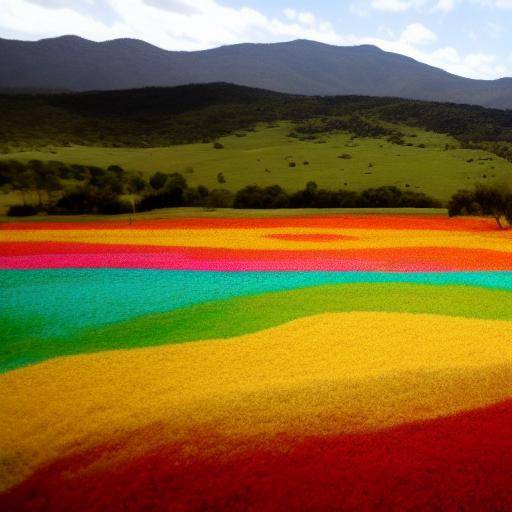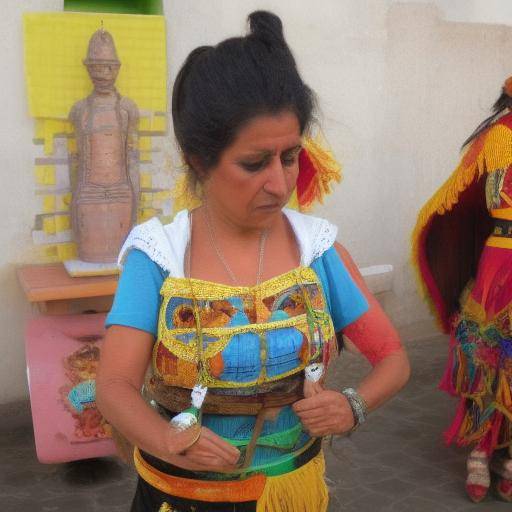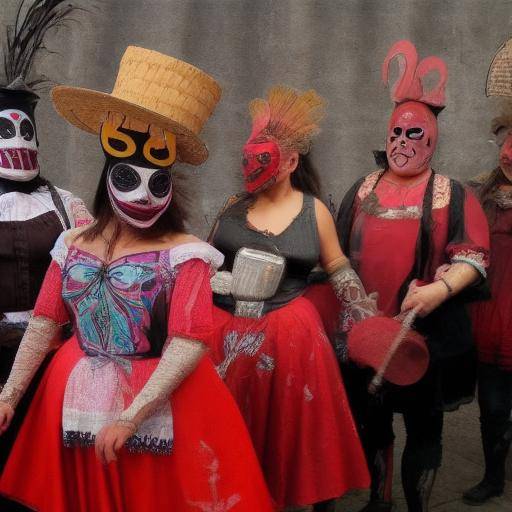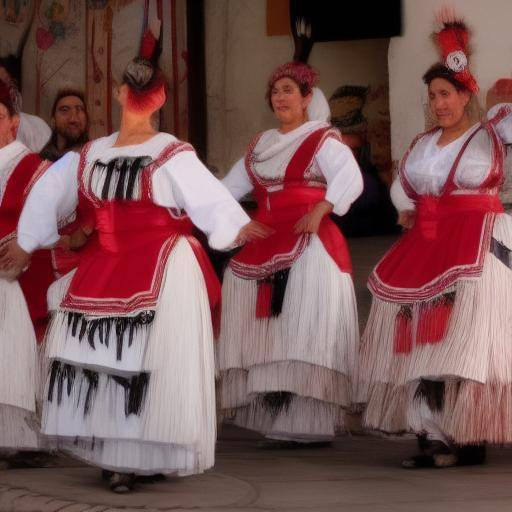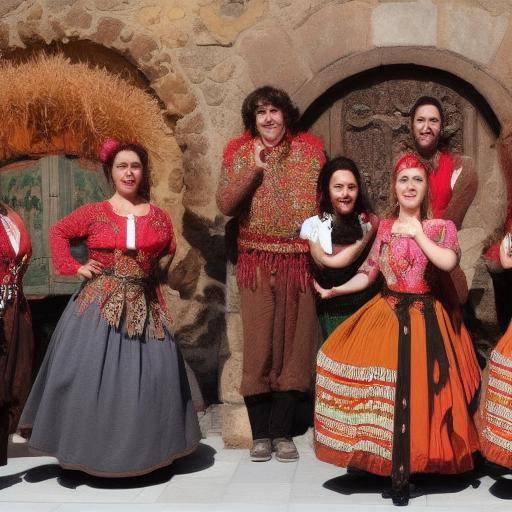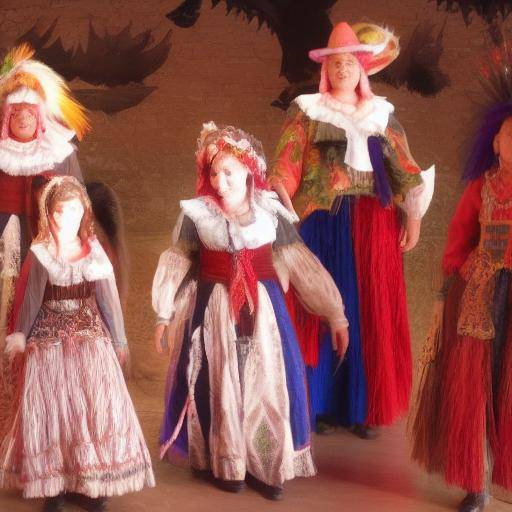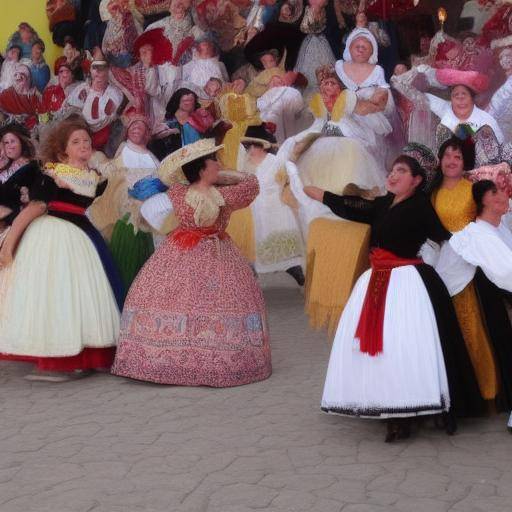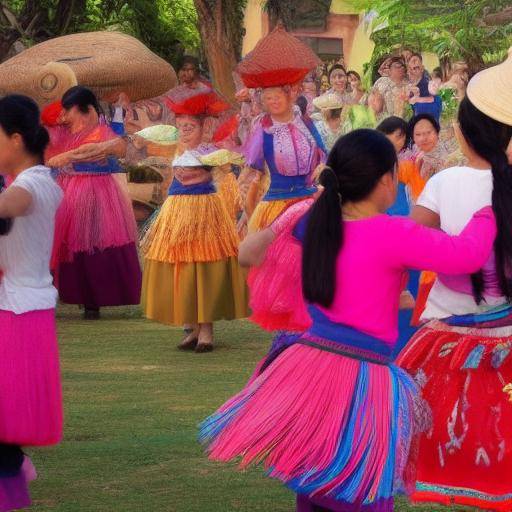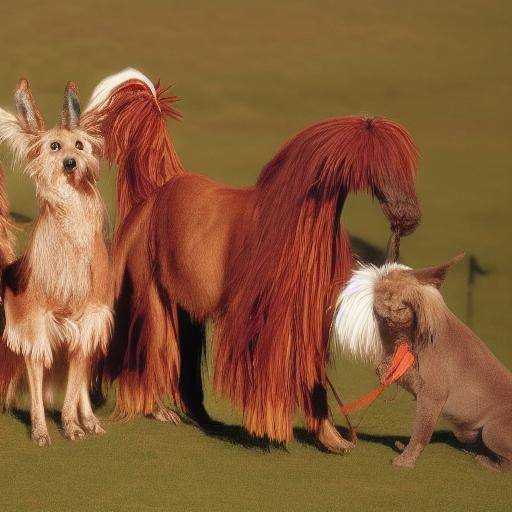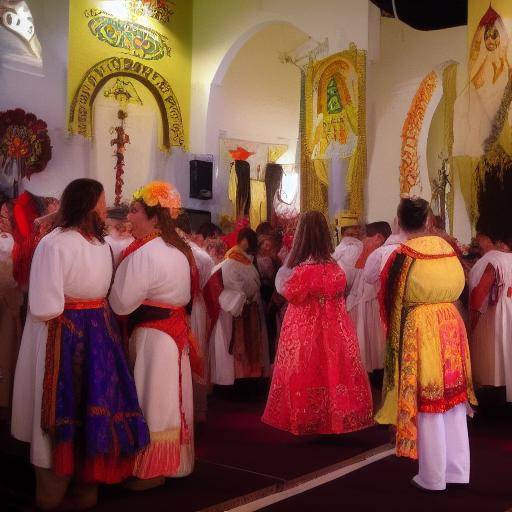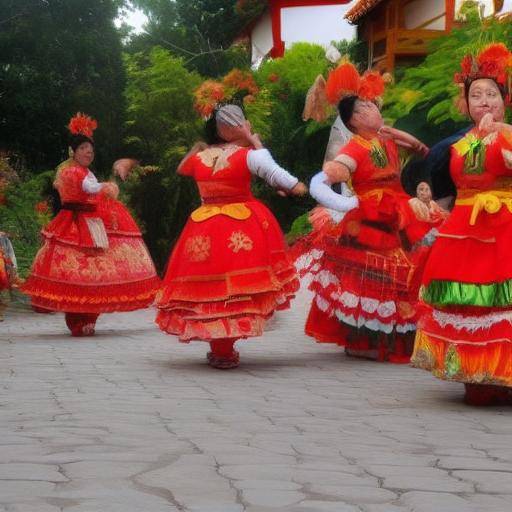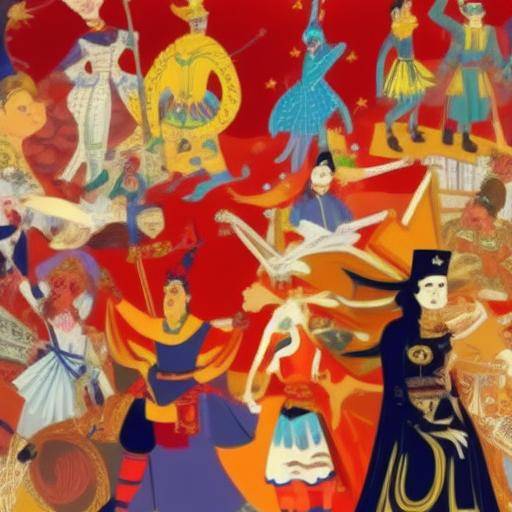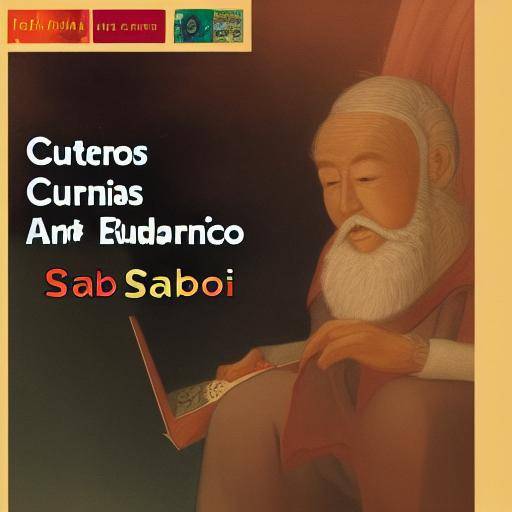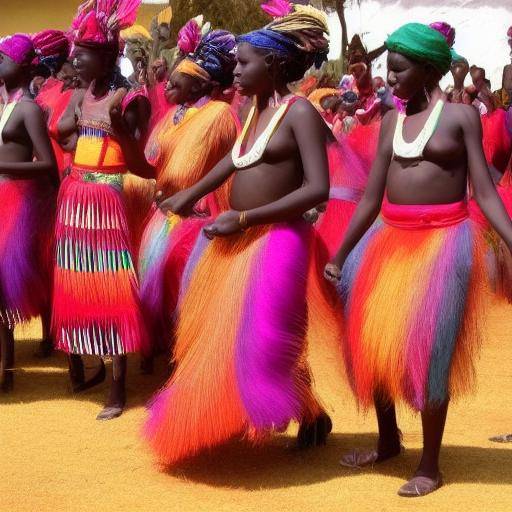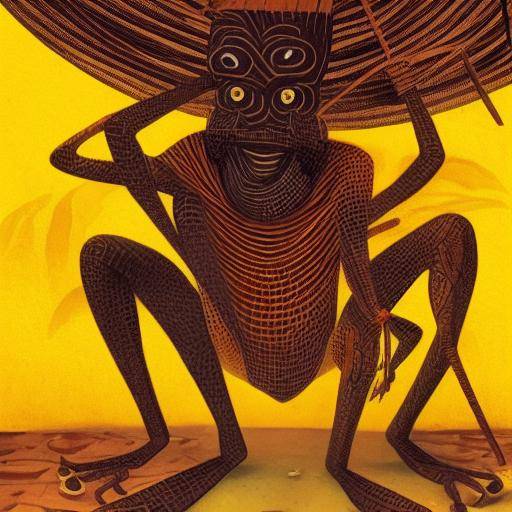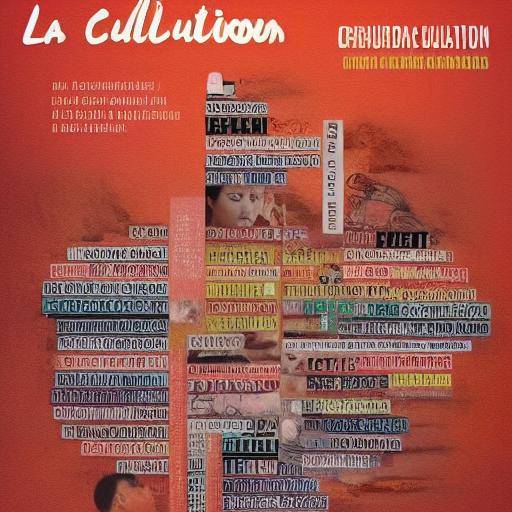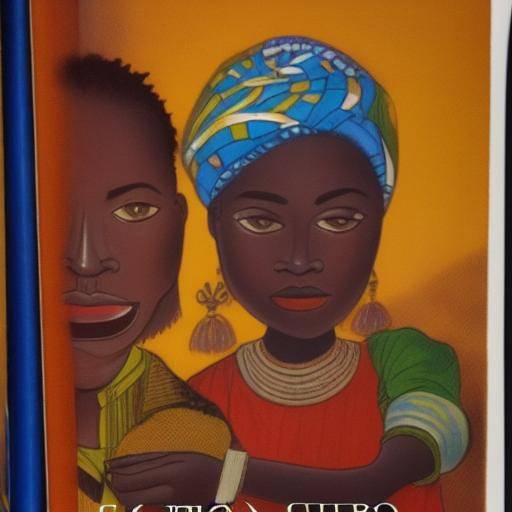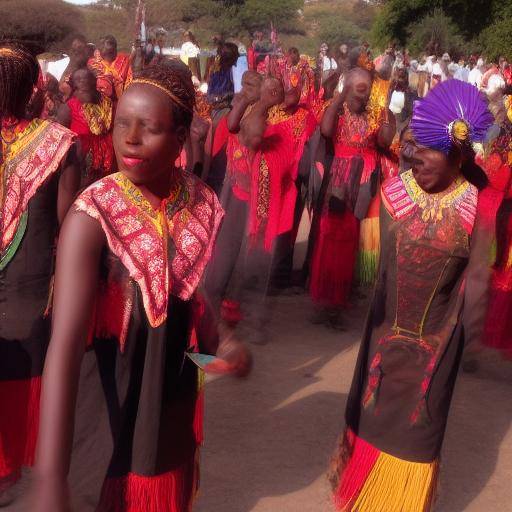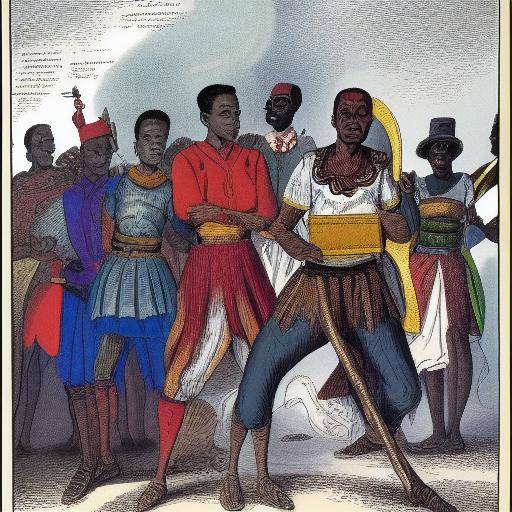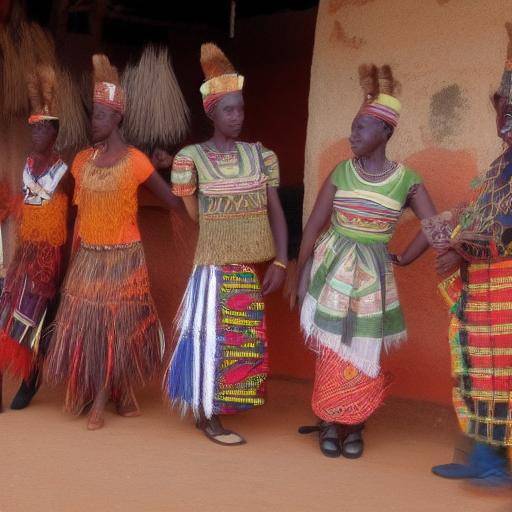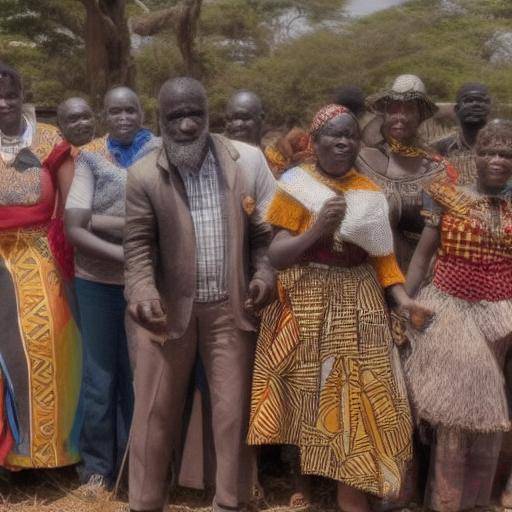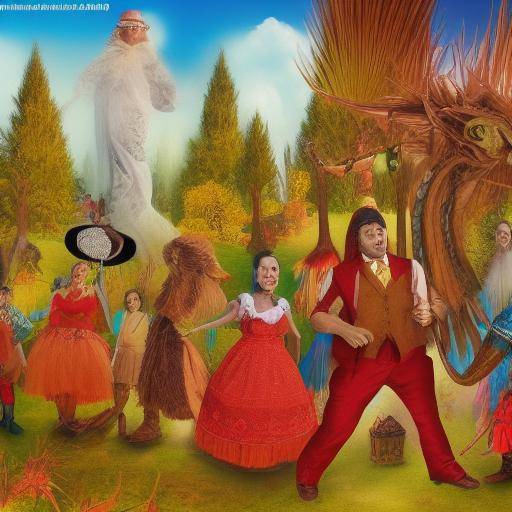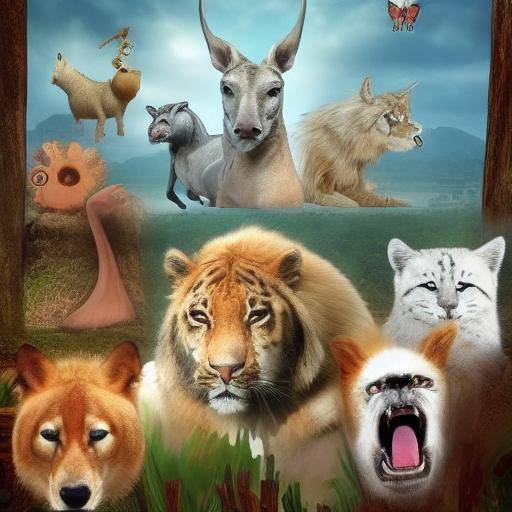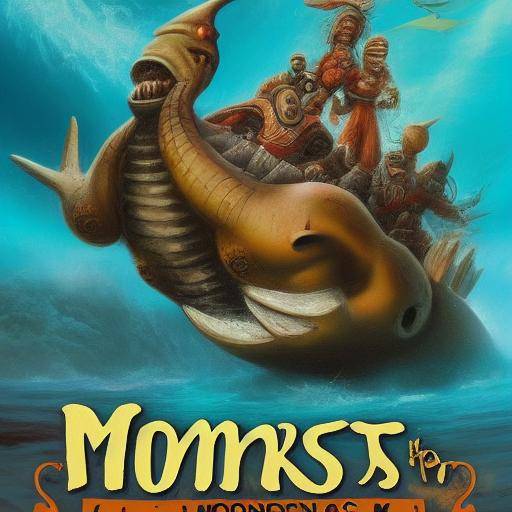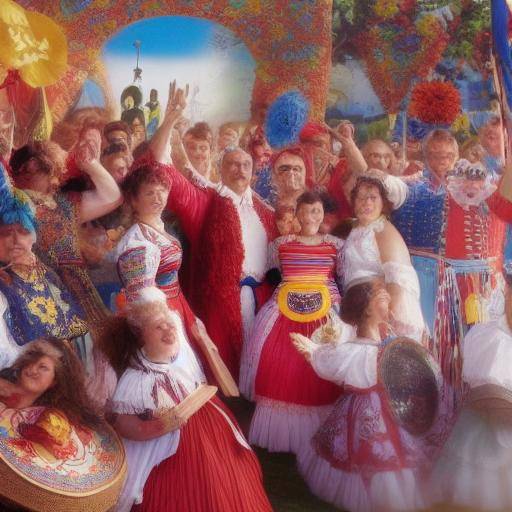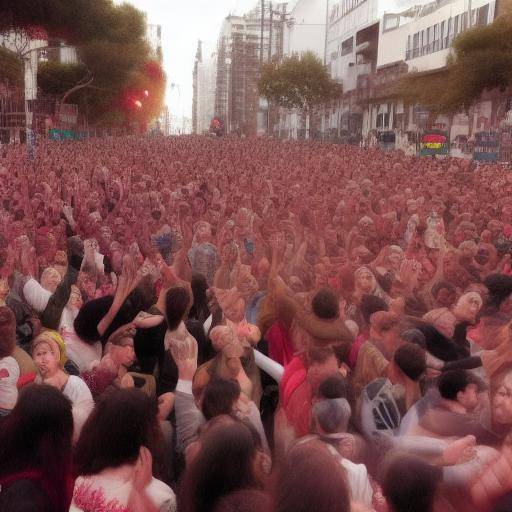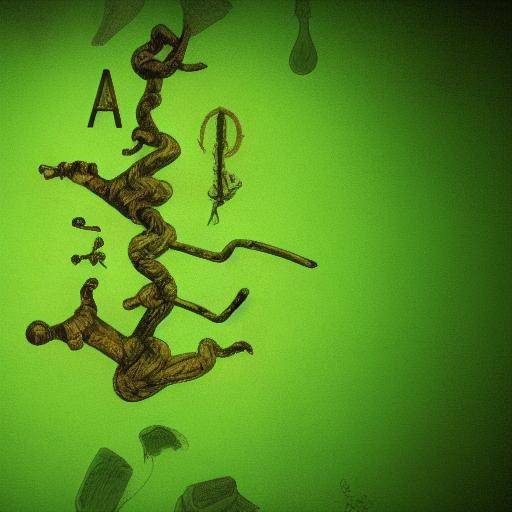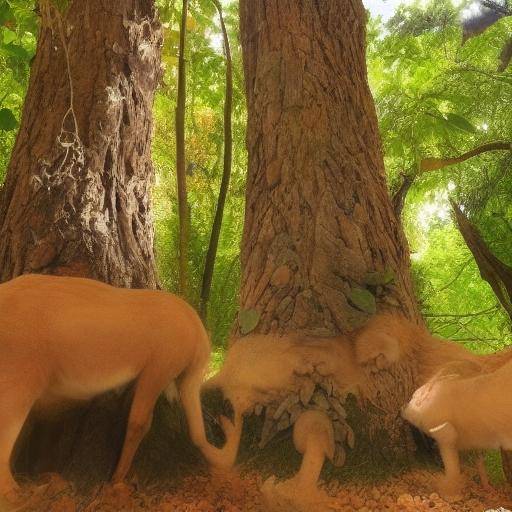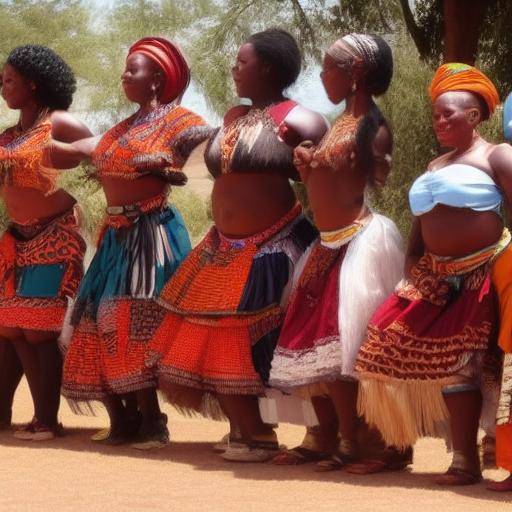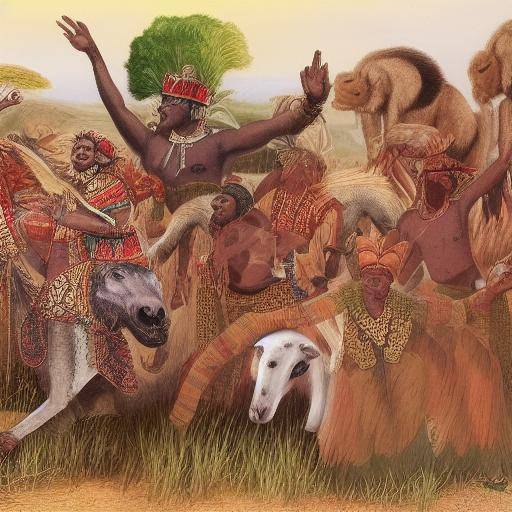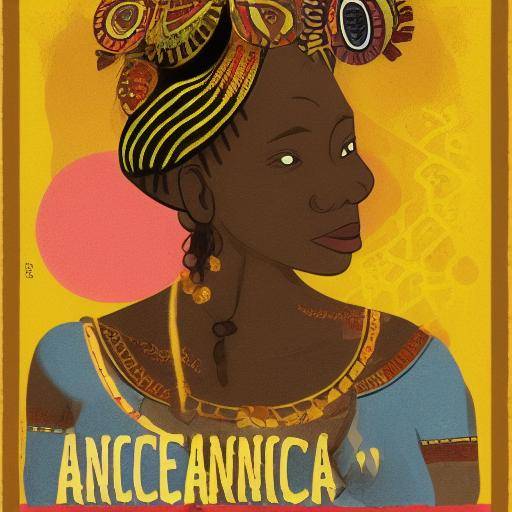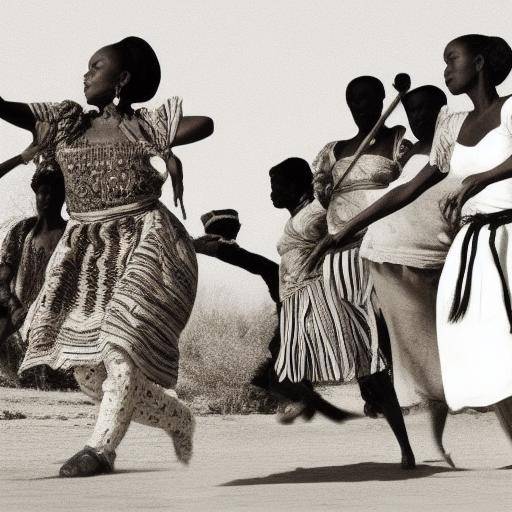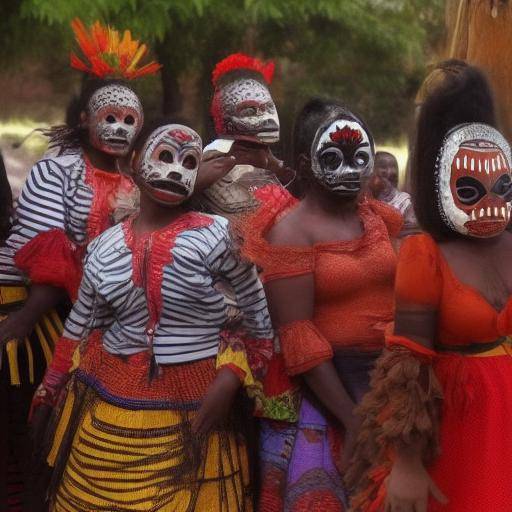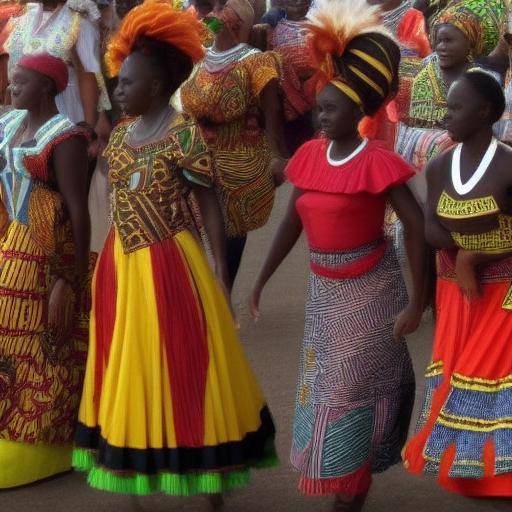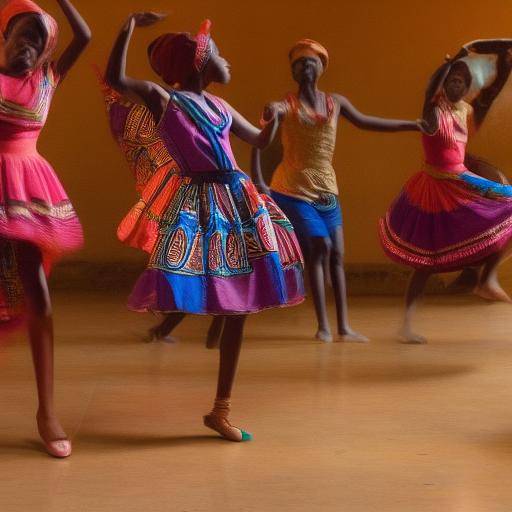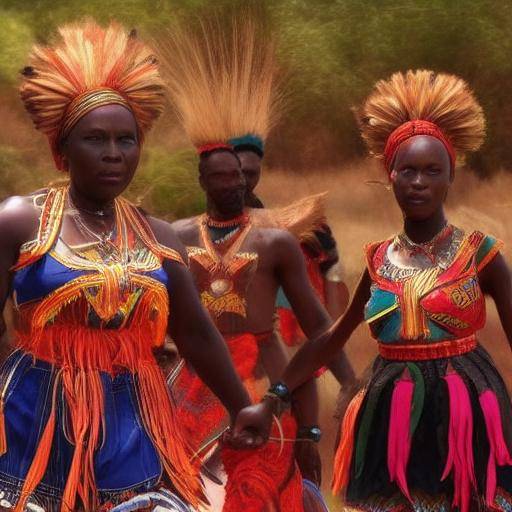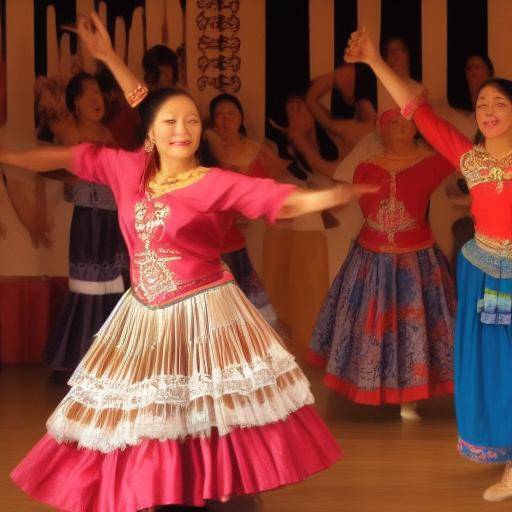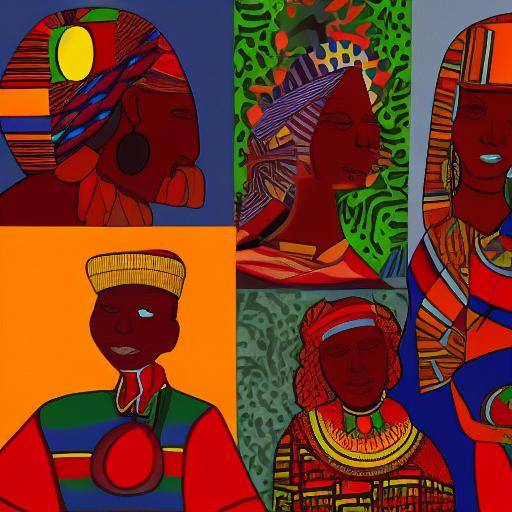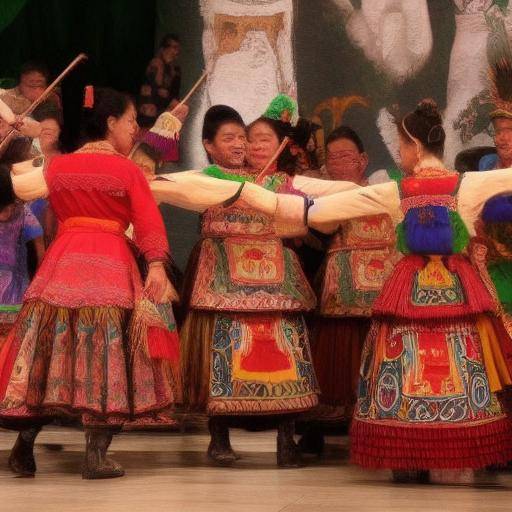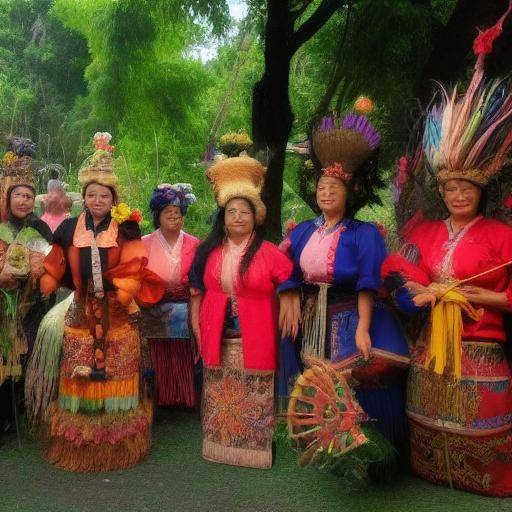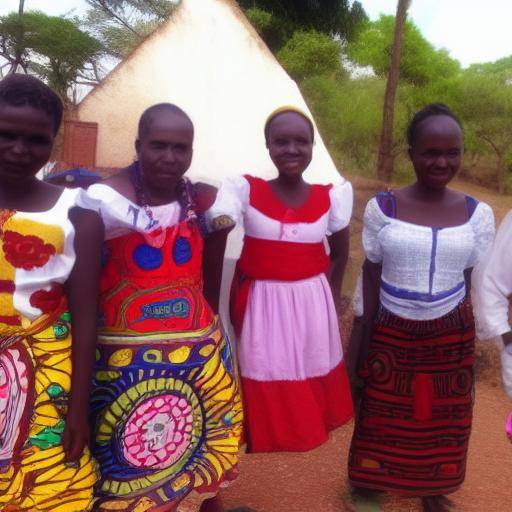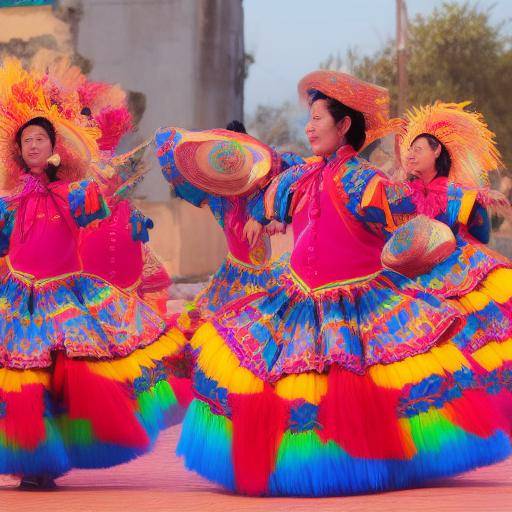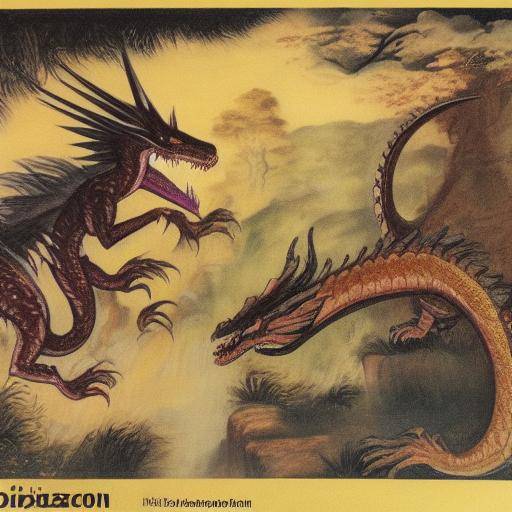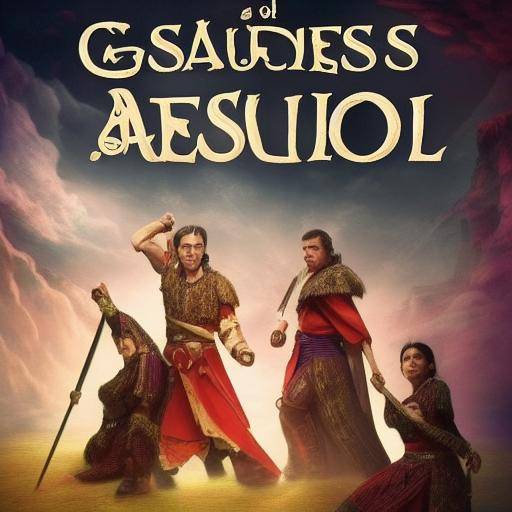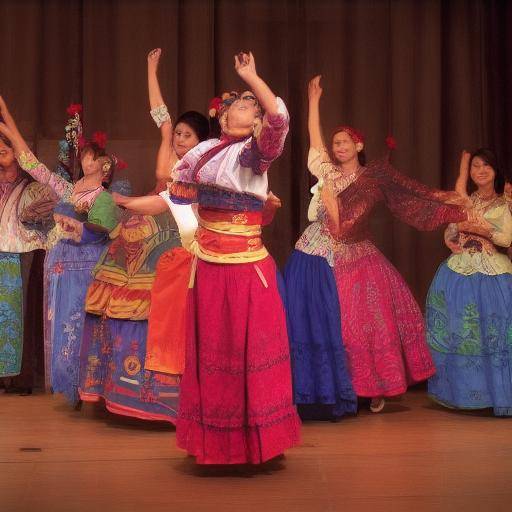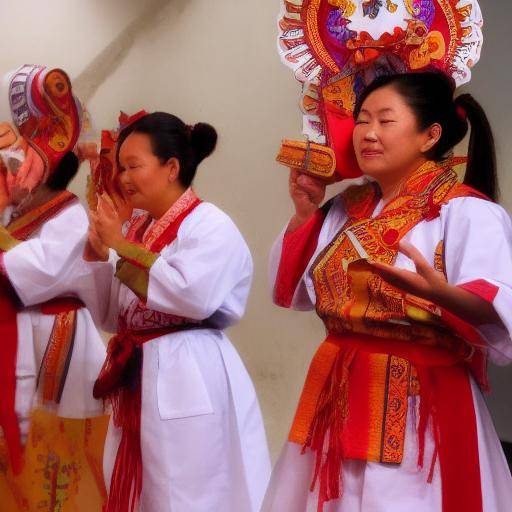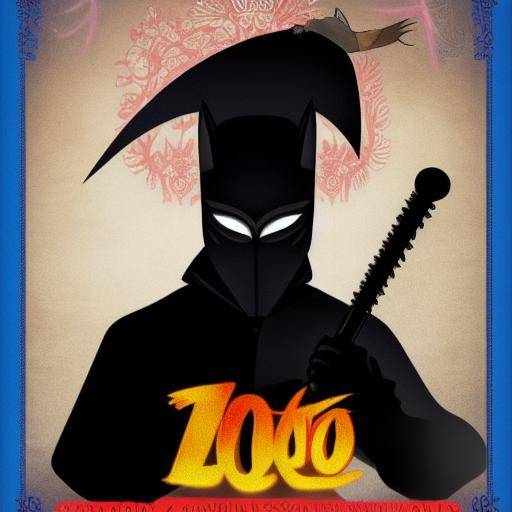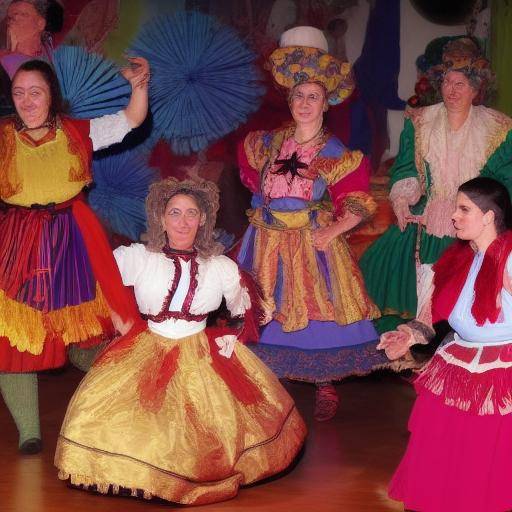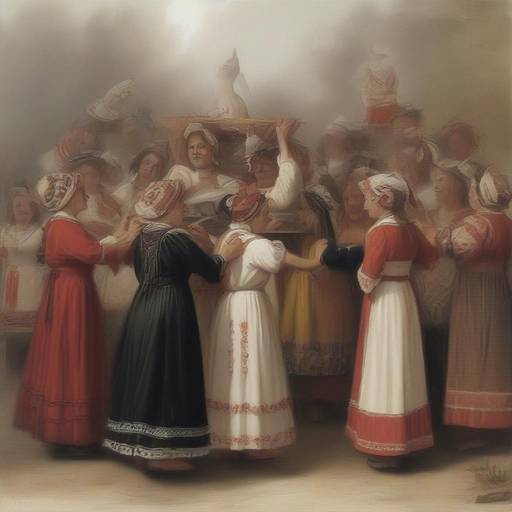
Introduction
European folklore is a treasure of cultural wealth and rooted traditions that have been transmitted from generation to generation. Within this vast panorama, rituals and ceremonies occupy a central place, nurturing the identity and spirituality of communities throughout the centuries. In this article, we will thoroughly explore European rituals, ceremonies and their connection with folklore, unraveling their origins, evolution, meaning and relevance today. Join us on this fascinating journey through the traditions and customs that have shaped European culture.
History and Background
The rituals and ceremonies in European folklore have their roots in a millennial past, where the connection with nature, seasonal cycles and ancestral beliefs marked the rhythm of community life. From the mysterious Celtic Druids to the pagan festivities, every European culture has forged a unique network of ritual practices that last until today. These rituals were a fundamental part of everyday life, from the celebration of the harvest to funeral rites, each act was impregnated with a transcendental meaning that united the community in an unshakable bond with its ancestors and the land they lived.
The Christianization of Europe, although it brought about a profound transformation in religious practices, did not manage to completely eradicate the old customs, but it syncretized them in the liturgical calendar, giving rise to a rich amalgam of traditions where the pagan and the Christian intertwine in an astonishing manner. Thus, festivities such as Christmas, Holy Week and St. John became scenarios of a double reading, where the sacred and the profane dialogue in an ancestral dance that lasts until today.
Analysis in Deep
The rituals and ceremonies in European folklore not only possess a historical value, but have also demonstrated their relevance in the sociocultural and spiritual spheres. Over the centuries, these acts have functioned as vehicles of social cohesion, markers of identity and expressions of a shared worldview. In addition, they have been studied from various disciplines such as anthropology, ethnography and cultural history, shedding light on the complexity and diversity of ritual practices in Europe.
Today, European rituals and ceremonies continue to play a fundamental role in the preservation of cultural heritage, serving as living testimonies of the history of European peoples. These celebrations not only attract locals, but also have aroused the interest of visitors and academics around the world, contributing to the promotion of cultural tourism and intercultural exchange.
Exhaustive examination
By exploring the applications of European rituals, ceremonies and folklore in contemporary life, it is evident that they continue to have a significant impact on various spheres, from cultural tourism to the promotion of immaterial heritage. The folk festivals, theatrical performances of ancient rituals and the initiatives of rescue and preservation of ancestral traditions are just a few examples of how these practices continue to enrich modern life.
Comparative analysis
By contrasting European rituals, ceremonies and folklore, we can appreciate the diversity of practices and beliefs that, despite their differences, share the same driving thread: the connection with the earth, respect for the natural cycles and the veneration of the ancestors. It is in this unity in the diversity where the magic of European folklore lies, revealing an inexhaustible wealth of cultural expressions that transcend borders.
Conclusion " FAQs
European folklore, with its rituals and ceremonies rooted in the history and spirit of its peoples, remains a live compendium of traditions that deserve not only to be admired, but also preserved and celebrated. As we travel through the magical universe of European rituals, ceremonies and folklore, we immerse ourselves in a legacy that awakens the astonishment, curiosity and respect for the cultural wealth that defines Europe.
FAQs
What European rituals are especially popular today?
The European rituals that enjoy the greatest popularity today include the celebration of the Night of Saint John, the feast of Samhain, the dance of the flower belts in Estonia, among others.
How do European ceremonies relate to paganism and Christianity?
The European ceremonies have a strong influence on the pre-Christian pagan traditions, which were syncretized with Christianity, giving rise to festivities with a double reading, where they coexist elements of both traditions.
What is the role of European rituals in the preservation of cultural heritage?
European rituals, being the bearers of a rich cultural heritage, play a key role in the preservation and promotion of immaterial heritage, contributing to the identity and social cohesion of communities.
What are some of the main folk festivals in Europe?
Europe hosts a wide range of folk festivals, including the Lorient Interceptual Festival in France, the Eurovision Song Festival, the Woodstock Festival in Poland, among others.
How do European rituals and ceremonies influence the cultural identity of local communities?
European rituals and ceremonies are pillars of the cultural identity of local communities, serving as vehicles for transmitting values, beliefs and traditions that nourish the sense of belonging and social cohesion.
What emerging trends are observed in the practice of rituals and ceremonies in Europe?
Emerging trends include renewed interest in rescuing and promoting ancestral rituals, as well as adapting traditional practices to the challenges and opportunities of contemporary life.
In conclusion, European rituals, ceremonies and folklore arouse wonder and admiration for the rich cultural diversity that characterizes Europe. Beyond being relics of the past, these practices continue to enrich contemporary life, inspiring respect, empathy and a deep love for traditions that feed the soul of the European continent.
With this immersion in the rituals and ceremonies of European folklore, we have explored the very essence of an ancestral heritage that lasts in time and continues to inflate life and meaning to the communities of Europe and beyond.

